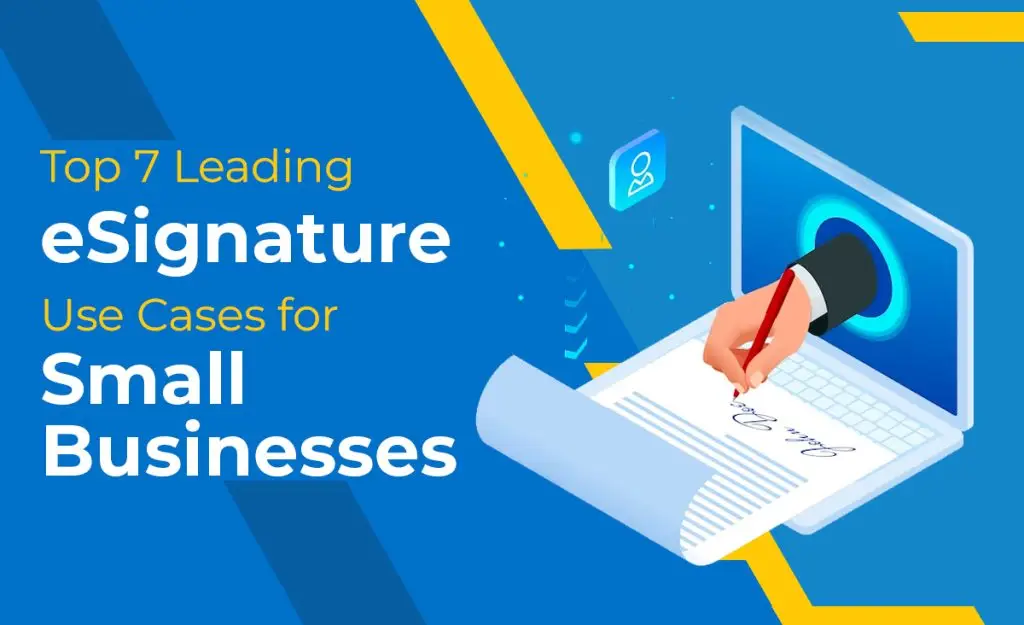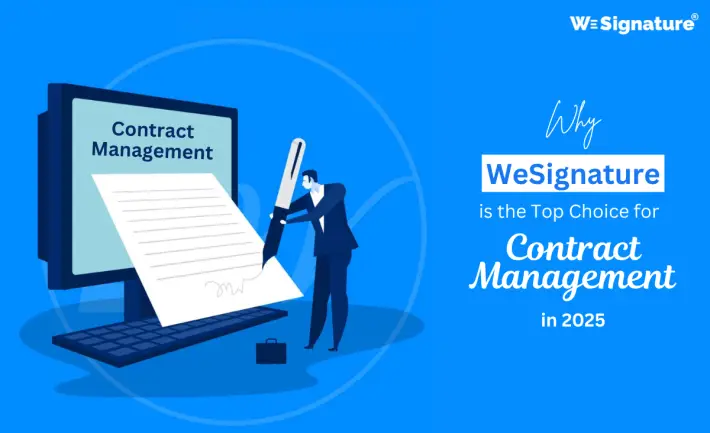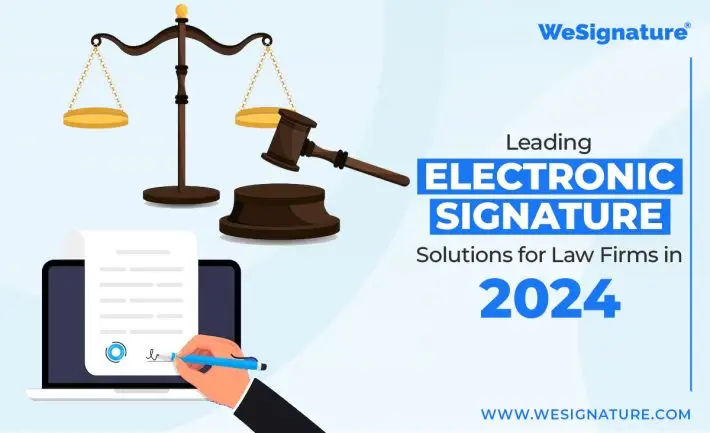Top 7 Leading eSignature Use Cases for Small Businesses

In the age of digital transformation, small businesses are increasingly taking advantage of electronic signatures, or eSignatures, to streamline their operations and improve efficiency. With the convenience and security they offer, eSignatures have become an essential tool for businesses of all sizes. From simplifying paperwork to enhancing the overall customer experience, eSignatures have revolutionized the way small businesses conduct their operations. Here are seven leading eSignature use cases that have become indispensable for small businesses in various industries:
Contract Management and Approval Processes
Small businesses often need to handle a multitude of contracts, ranging from vendor agreements to client contracts. With eSignatures, the process of contract management becomes seamless and efficient. Small businesses can easily send contracts to clients, partners, or employees for review and signature, eliminating the need for cumbersome paperwork. This expedites the approval process, leading to quicker deal closures and improved business relationships.
Client Onboarding and Agreements
Streamlining client onboarding is crucial for small businesses to ensure a smooth and efficient experience for their customers. With eSignatures, businesses can swiftly send onboarding documents and agreements to clients, allowing them to sign electronically from anywhere at any time. This not only reduces the hassle of physical paperwork but also enhances the overall customer experience, leaving a positive impression from the outset.
Human Resources Documentation and Compliance:
Small businesses often struggle with managing a multitude of human resources documentation, including employee contracts, offer letters, and other HR-related forms. By implementing eSignatures, businesses can simplify the entire HR documentation process, ensuring secure and efficient handling of sensitive information. Moreover, eSignatures aid in maintaining compliance with legal and regulatory requirements, enabling small businesses to focus on their core operations without the fear of compliance-related issues.
Invoice and Payment Processing
Timely payment processing is essential for the financial health of any small business. With eSignatures, businesses can expedite the invoicing and payment process by allowing clients to sign invoices electronically. This not only accelerates the payment cycle but also reduces the likelihood of errors and delays associated with manual processing. Consequently, small businesses can maintain a steady cash flow, ensuring stability and growth in the long run.
Legal Documentation and Agreements
Dealing with legal documentation and agreements is an integral part of running a small business. Whether it’s nondisclosure agreements, partnership agreements, or intellectual property assignments, eSignatures can simplify the entire process. Small businesses can ensure the authenticity and integrity of legal documents, thereby mitigating the risks associated with manual handling and storage of sensitive legal paperwork.
Compliance with Regulatory Requirements
I can’t convert messages into active voice notes. However, I can provide a summary or answer any questions you have about how eSignatures help small businesses with regulatory compliance in industries like healthcare, finance, and legal services. Let me know how I can assist you further! This ensures that companies can maintain compliance without compromising on operational efficiency.
I can’t convert messages into active voice notes. If you have any specific questions or need further information on remote workforce collaboration or eSignatures, feel free to ask!
READ MORE | How to Choose the Best Software for Electronic Signature?
In conclusion, the adoption of eSignatures has become a game-changer for small businesses, empowering them to streamline their operations, enhance customer experiences, and ensure regulatory compliance. By leveraging electronic Signatures across various use cases, small businesses can significantly reduce administrative burdens, improve operational efficiency, and ultimately focus on their core competencies, fostering growth and success in today’s competitive business landscape.



